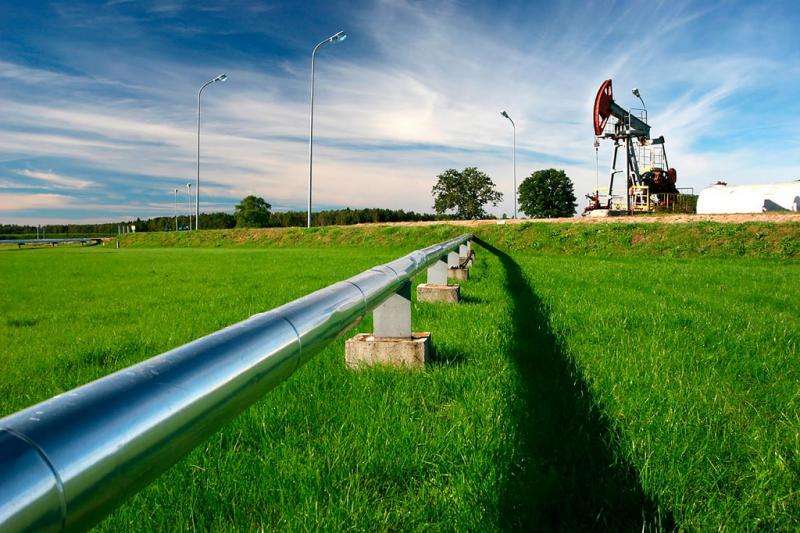New technology reduces transportation costs of heavy oil

The Mexican Oil Institute (IMP) has developed biosurfactants that reduce oil viscosity and lower operating costs. The technology allows for operational flexibility in the transport of crude oil through ducts from the production centers to refineries.
In Mexico, at least 50 percent of crude oil reserves are heavy and extra-heavy types. Therefore, Pemex is very interested in this technology, because transport problems generate pressure drops and heating of the hydrocarbon, which costs money and production time. The IMP project serves as an alternative, said Dr. Jorge Aburto, manager of Biomass Transformation at IMP and head of the research.
The project consists of mixing the oil with water with the aid of biosurfactants (substances that allow an emulsion to form), which are derived from plant biomass, trees, grass, as well as corn and wheat residue, and contain particular molecules.
"What we did was to get a fraction of these molecules and modify them in a way that would allow a stable emulsion of oil in water. It is similar to mayonnaise, only with less water," Dr. Aburto Anell explained.
By making the emulsion, oil viscosity is substantially reduced. "We are talking about a virtually solid oil, and when we emulsify it in water, the resulting viscosity is equivalent to that of a liquid flowing without any problems. Furthermore, the process does not change the composition and properties of the hydrocarbon," Dr. Anell said.

The researcher reported in the oilfields, a lot water dispersed in the oil, which increases the viscosity and generates transport problems; however, by making an inverse emulsion density, it is eliminated, and operating problems associated with chemical compounds such as asphaltene and paraffin are reduced.
In situ testing is forthcoming. "We are going to go to a Pemex well and make technological tests that will allow us to measure the real situation in technical and economic feasibility."
Provided by Investigación y Desarrollo


















